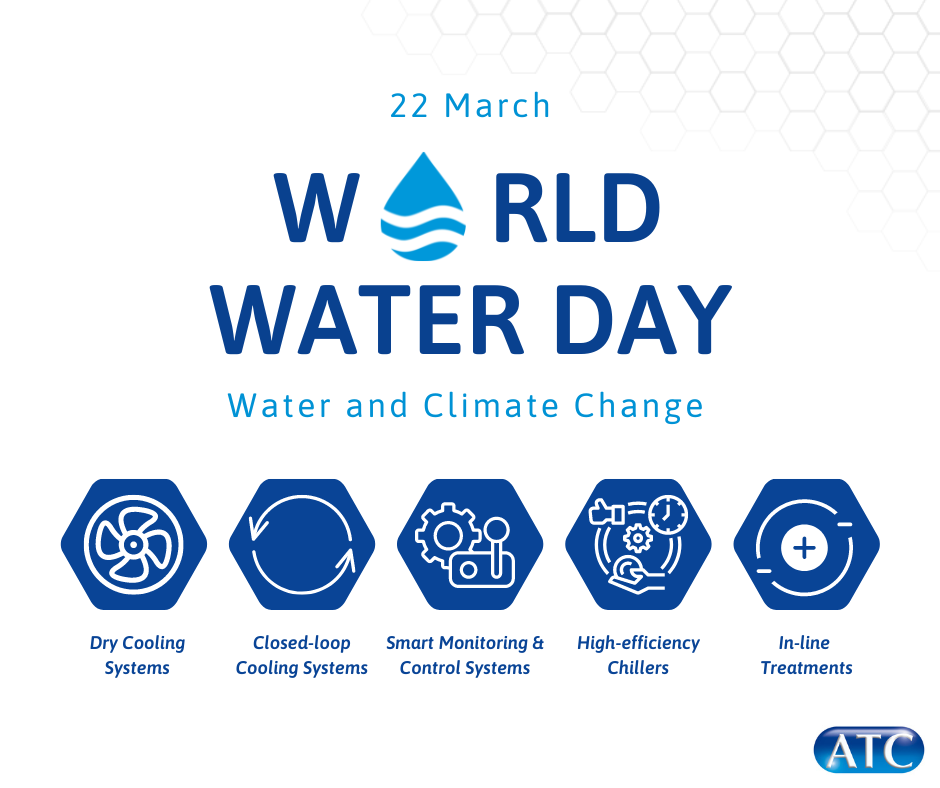Posted: 22 March 2023
World Water Day is an annual United Nations observance day
that takes place on 22nd March. It was first designated in 1993. Every
year, World Water Day focuses on a different theme related to water issues,
with the goal of raising awareness about the importance of water and to promote
sustainable water use practices around the world. The theme for World Water Day
2023 is “Water and Climate Change”.
On World Water Day we are reminded of the importance of
preserving our planet’s most precious resource. Water is essential to life, and
its scarcity is becoming an increasingly urgent issue around the globe, affecting
more than 40% of the global population – a figure projected to worsen with
climate change. According to the United Nations, 2.2 billion people lack access
to safe drinking water. This represents around 30% of the world’s population.
In this context, new technology is emerging that could make
significant contributions to saving water in industrial processes.

Dry Cooling Systems:
- These
systems use air to cool industrial equipment, rather than water. They are particularly
effective in areas with low humidity and high temperatures. Dry cooling systems
can be up to 95% more water-efficient than traditional cooling systems.
Closed-loop Cooling Systems:
- These
systems use water to cool equipment, but they recycle the same water repeatedly.
They also use chemicals to inhibit the growth of bacteria and microorganisms,
reducing the need for fresh water.
High-efficiency chillers:
- These
chillers use advanced technology to cool water more efficiently, reducing the
amount of water needed for cooling. They can also reduce energy consumption and
lower operating costs.
Smart monitoring and control systems:
- These
systems use sensors and analytics to monitor equipment and adjust cooling
systems in real-time. They can optimise water and energy usage, reducing waste
and improving efficiency.
In-line Deioniser and In-line UV Decontamination:
- Use
of in-line deionisers remove minerals and impurities from water, reducing the risk
of scale build up and corrosion within equipment. By reducing the need for
equipment maintenance and enabling water reuse, inline deionisers can help to
save water, and reduce overall water consumption.
- In-line
UV decontamination can save water by reducing the need for water treatment and disinfection
chemicals. This not only reduces the amount of chemicals used, but also eliminates
the need for expensive and time-consuming processes to remove these chemicals
from water prior to discharge.
All
of these technologies can help to save water in industrial processes, while
also improving efficiency and reducing costs. As water scarcity becomes an increasingly
urgent issue around the globe, these innovations will play an increasingly
important role in promoting sustainability and protecting our planet’s most
precious resource.